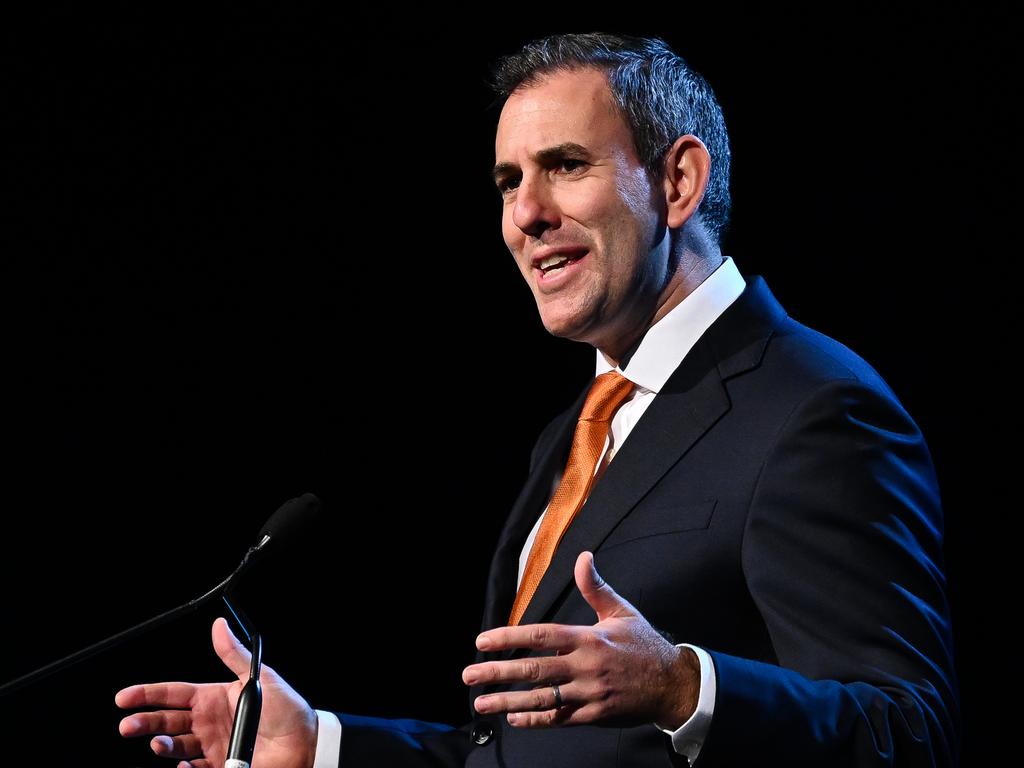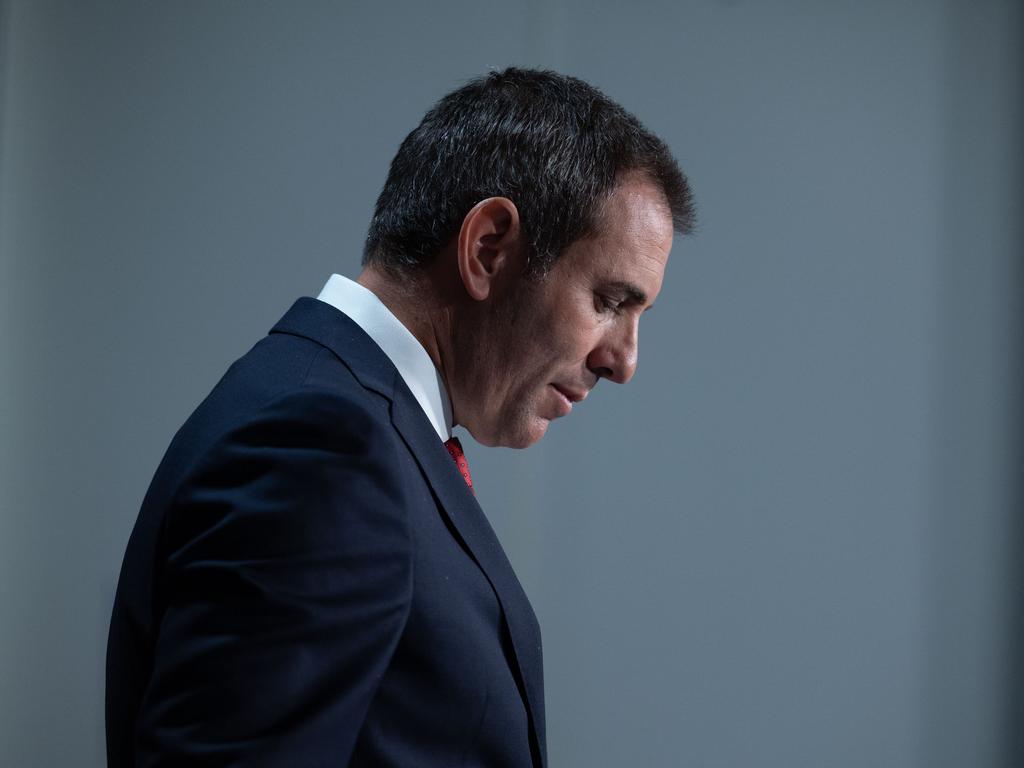
Appointments, however, are usually the easy part. Remaking institutions that are largely set in their ways, but are not broken, is counterintuitively more difficult.
Incoming Productivity Commission chairman Chris Barrett has an impressive pedigree, having been involved in high-level policymaking and thinking over decades, with a state, federal and global perspective,
Barrett is coming out of the financial morass of Daniel Andrews’s Victorian system, where sound economic policy goes to die because of the Premier’s cult of personality and cronyism. May he prosper in Canberra and leave the traumas behind.
The Treasurer opted for a full-scale review of the Reserve Bank by a three-person panel, and it’s up to incoming governor Michele Bullock, the board, the government and parliament to now fill in the experts’ pencil sketches.
Remaking the Productivity Commission is another matter. The review, such as it was, was internal and involved soundings from the bureaucracy about what a revamped structural policy adviser should do and who should lead it, given Michael Brennan decided five years was enough.
In his “remaking capitalism” essay at the start of the year, Chalmers vowed to “renew and revitalise the PC as a powerful think tank advising government on productivity as well as prosperity and progress more broadly”.
Along with the RBA, the Treasurer argued “these institutions need to help deliver change in areas of disadvantage, to prod and inform and empower”.
A fortnight ago, Chalmers said in a speech he had “the beginnings of a plan to strengthen” the commission, so it looks like he, too, has been prodded.
Chalmers is like one of those bosses who can’t tell you what they want, but they’ll make it clear what they don’t like.
OK, that’s probably harsh, but the Treasurer plainly did not care much for the commission’s intellectual horsepower or policy recommendations, poisoning the well ahead of the release of its nine-volume, 1000-plus-page five-yearly review in March.
On Monday, Chalmers revealed he appreciates a little of the intellectual revolution in this sphere, which is the use of micro data to inform policy analysis, an area where the commission is lagging.
It’s likely there will be fewer year-long blockbuster inquiries and more timely forays into the policy debate.
One way the commission may evolve is by performing a high-speed consulting service, given the private competition is so on the nose, in the mission of evidence-based policymaking. We don’t seem to talk much about that goal now.
In its reports and public advocacy, the commission espouses a free-market view, exposes the costs to taxpayers of subsidies and bad regulation, and calls out the rent-seekers in our midst, be they capital or labour.
The union comrades wanted their independent nemesis abolished, but Chalmers is a Canberra traditionalist, incrementalist and renovator, not a “burn it to the ground” anarchist.
Four commissioners have terms that expire next year so the Treasurer will get a chance to freshen up his list, as they say in sport.
Senior figures in Canberra maintain the commission is an important truth-teller, a kind of “wise uncle” to call out poor policy and nudge governments to do better. But what’s the point if those in power never listen, let alone act?
Previous governments didn’t care much for the commission’s policy advice either and so little happened on the reform front in the 15 years since the global financial crisis.
It wasn’t for a lack of “good ideas”, as Philip Lowe told the world’s leading finance ministers and central bank governors in India a week ago.
The problem is a lack of political will, and Lowe coward-shamed governments and leaders for their serial timidity and idleness.
Chalmers may protest he’s of the same mind as the outgoing RBA chief, so let’s check Labor’s signature moves: backsliding on workplace relations, no carbon price signal, lazy old-style industry policy with new slogans, and sub-optimal, ad hoc taxation changes.
The scoreboard tells the tale, any way you cut it, of our productivity slide, falling real wages and substandard economic dynamism.
Just last week Anthony Albanese was sprinkling productivity pixie dust on a visit to Muswellbrook to open an innovation centre named after one of the Hunter Valley town’s sons, Donald Horne, he of The Lucky Country touchstone tome.
The Prime Minister, too, is stuck in a time warp, as he champions an industry policy where fortune favours those on the make, but not the taxpayer.








Jim Chalmers has chosen wisely in the two new leaders who will take the nation’s key independent economic agencies into the future.